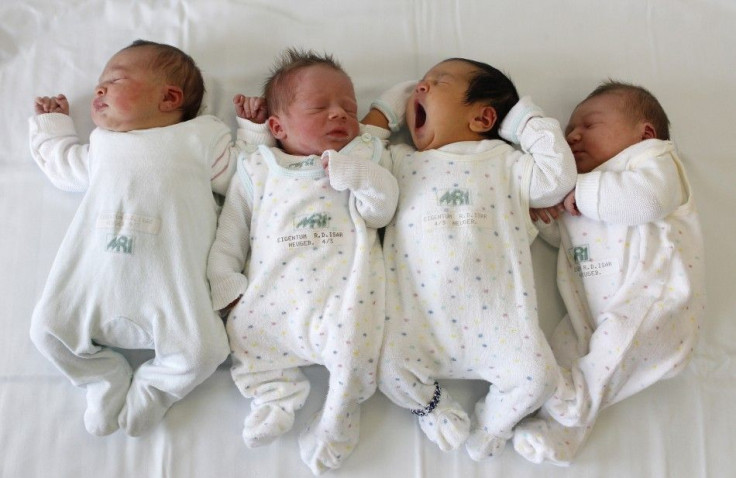Improved Healthcare Keeps China’s Newborn Deaths Down

Fewer newborn babies in China are dying today when compared to 1996, researchers found.
A new study reported on Friday noted that encouraging Chinese women to give birth in a hospital has led to a dramatic decline in infant deaths between 1996 and 2008.
According to the study, the deaths fell 62 percent, as it went from 24.7 per 1,000 live births in 1996 to 9.3 in 2008.
Researchers surveyed 1.5 million births over the 12-year period.
Where you give birth really matters, said Carine Ronsmans, a professor at the London School of Hygiene and Tropical Medicine, one of the study's authors.
The study is co-authored by researchers from Peking University and the London School of Hygiene and Tropical Medicine.
Ronsmans said the Chinese government has improved hospitals, unlike other countries where there are trained community health workers such as midwives to help home births.
I think the Chinese government can be congratulated on its efforts to reduce neonatal mortality and maternal mortality - which has declined just as much, she told The Guardian. It's a combination of strengthening facilities, training providers, equipping them with the skills and drugs to offer better care -- and, through insurance, encouraging families to give birth in hospitals.
But babies born in poorer rural areas are almost four times more likely to die than those born in urban hospitals. The authors suggest this could be a result of a lack of resources and because there aren't many skilled personnel in rural areas. People in rural areas may also be too late in seeking out care, according to the authors.
Women who were able to give birth in urban hospitals might have come from more privileged socio-economic backgrounds and therefore could have had better nutrition during pregnancy - an important factor in neonatal mortality, Maria Pawlowska, a healthcare analyst based in London, specializing in reproductive health, told CBC News. Pawlowska was not involved in the study.
© Copyright IBTimes 2025. All rights reserved.






















